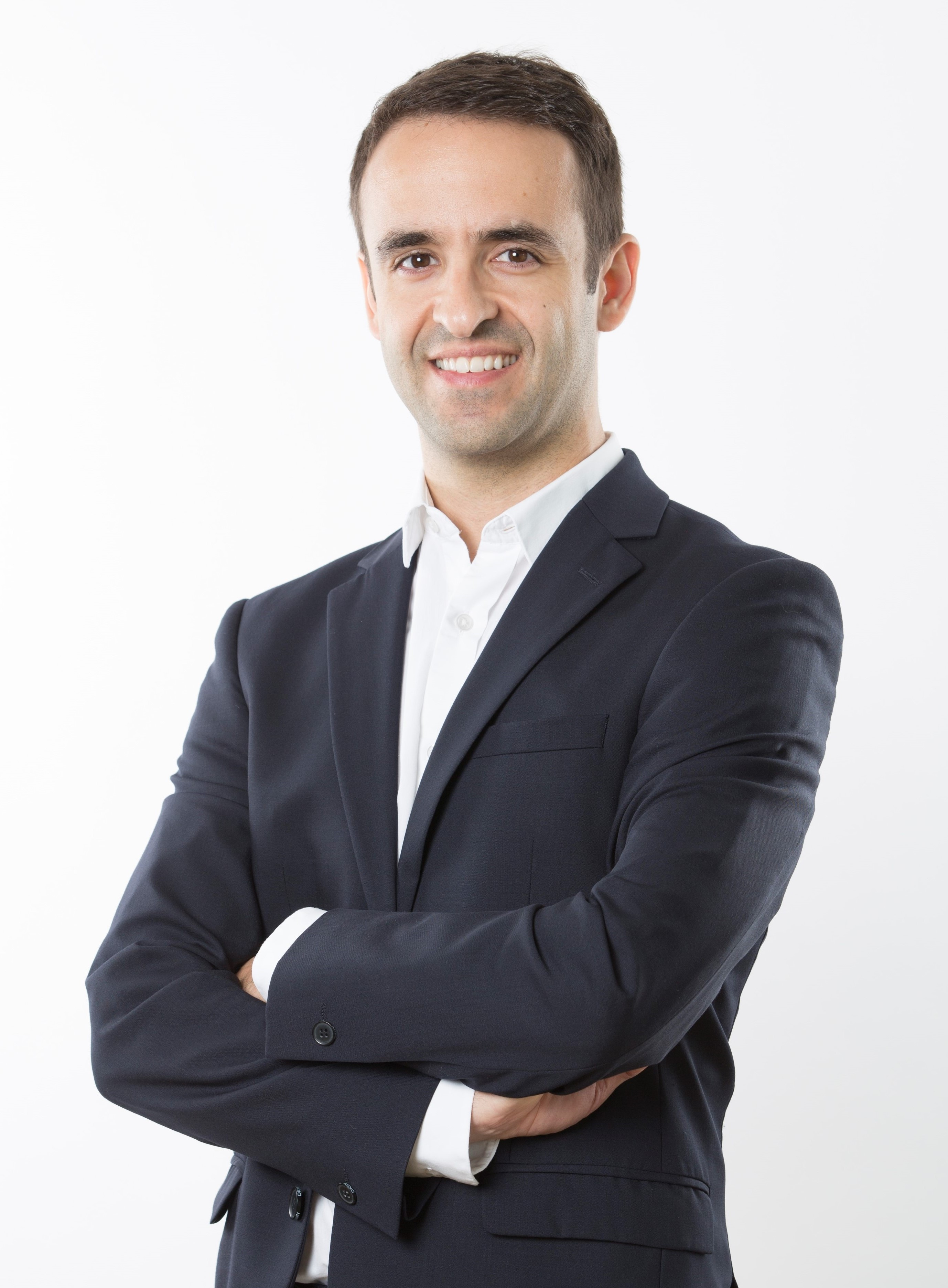On becoming a group leader: Luis R. Saraiva, Sidra Medicine, Qatar

What does your research focus on?
Our laboratory is interested in the molecular and neural mechanisms underlying the transformation of environmental and homeostatic cues into complex behaviors and physiological changes. In this context, a major line of research in our lab involves how the olfactory, metabolic and appetite systems interact, and how these interactions change with diet and disease. We also aim to understand how individual genetic variation, gender, age, and social experience impact these mechanisms. Another major line of research focuses on the hunt for specific genetic variants that give rise to rare neurological and metabolic diseases.
 In our research, we collaborate with clinicians and employ an integrative strategy combining a wide range of established techniques (e.g., molecular biology, genetics, and behavior) with omics technologies (e.g., genomics and transcriptomics), and resorting to the genetic manipulation of both cell and animal models. Ultimately, we aim to advance basic science and translate our findings into new diagnostic and personalized treatment options for patients affected by neurological, endocrine and metabolic diseases.
In our research, we collaborate with clinicians and employ an integrative strategy combining a wide range of established techniques (e.g., molecular biology, genetics, and behavior) with omics technologies (e.g., genomics and transcriptomics), and resorting to the genetic manipulation of both cell and animal models. Ultimately, we aim to advance basic science and translate our findings into new diagnostic and personalized treatment options for patients affected by neurological, endocrine and metabolic diseases.
To learn more about us visit:
Twitter @saraivalab
Webpage @Sidra Medicine (Qatar)
Webpage @Monell Chemical Senses Center (USA)
Failing is usually inevitable in science. How do you deal with your potential failures and use them to your advantage?
‘Failure’ is not only inevitable, but an integral and necessary component of science. I would go as far as saying that all scientists spent most of their time ‘failing’ in science. ‘Failure’ gives us scientists an opportunity to learn and evolve. Without ‘failure’ there would be no science.
What was the hardest part in setting up your laboratory especially in the early stages?
Setting up a laboratory is an overwhelming experience! There are many challenges, such as procuring all the stuff (equipment, reagents, consumables) you need to achieve your short-term research goals, hire good and talented people, and then manage them and everything else that revolves around the sun.
Transitioning to a Faculty/PI position successfully also requires a rough and quick change in mindset, as we need to go from micromanaging and troubleshooting our own experiments, to manage and inspire people. As part of this transition, quickly learning how to effectively delegate and manage expectations are key, and this was perhaps the part I struggled with the most.
What do you see as the most important role of a group leader?
In my opinion, there are two roles that are equally important: our roles as ‘mentors’ and ‘educators’. Most scientists often forget that as group leaders we are recipients of public funds, and thus our responsibility towards society goes beyond ‘just’ advancing science. We need to give a lot more back to society, by excelling in training the next generation of scientists, educators and properly disseminate scientific knowledge to the public. This is how we truly give back and build a legacy.
How do you get the best from your team?
Scientists are people, and people are human. Many scientists forget that and either set unrealistic goals and expectations for their team or are very quick to judge them when they fail, or do not perform at the ‘expected level’. I like to think that I take a very ‘human’ approach to how I mentor my team, and always strive not to dissociate the ‘human’ from the ‘scientist’ in them. I learned that fostering an inspiring, supportive, and non-judgmental environment is paramount to getting the best out of my team members.




Join the FEBS Network today
Joining the FEBS Network’s molecular life sciences community enables you to access special content on the site, present your profile, 'follow' contributors, 'comment' on and 'like' content, post your own content, and set up a tailored email digest for updates.